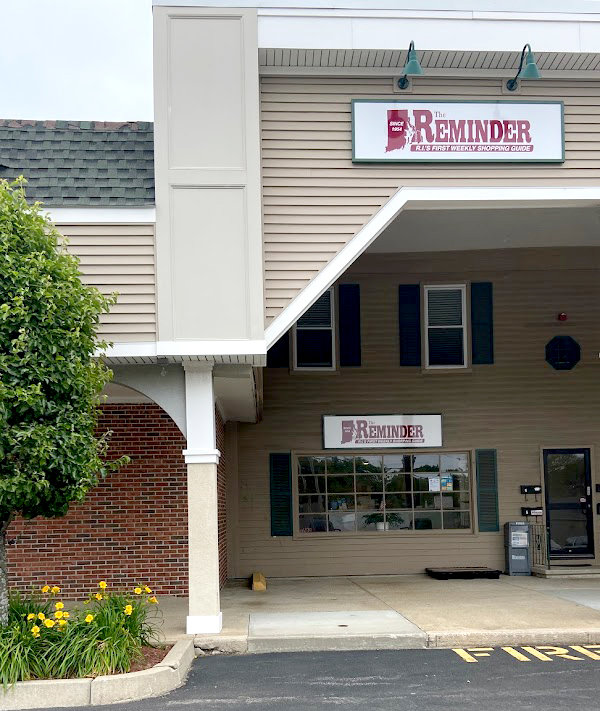A few months ago, a friend contacted me about a musket and bayonet he had purchased, and since this era wasn’t really his thing, he shipped it off to me. From the few pictures that had been sent, I thought it was a really cool French Model 1728, however, it had a more interesting history than that.
When it arrived, I took it out of the box and looked at the lock. It was marked “JACQUES VALET/A LIEGE” in front of the cock, which I was not expecting. I had seen these Liege markings on a French-style lock before, but not on a complete military musket.
With the package were some documents that went with the gun from noted dealer of antique arms Norm Flayderman which gave some information to start working on. It seems Norm had gotten the gun from artist A. Lassall Ripley of Lexington, Massachusetts. Ripley was an artist known for his depictions of landscapes, history, and hunting scenes who was actually a friend of my father-in-law. It had descended in a friend of Ripley’s family before it ended up in Lexington. Ripley traded it to Flayderman in 1958, and he soon flipped it to a collector in Chicago. Luckily with all of the correspondence, it gave me some information to go by as to who had owned it during the 18th century.
The letter from Ripley mentioned that the man who had carried it was named Benjamin Hall, and mentioned a town called Barrington, but no state. It also mentioned a country store called Calef’s in the village of Barrington. Turned out, I had been to Calef’s Country Store numerous times as a kid in Barrington, New Hampshire. The letter also mentioned that Hall may have been at Lexington & Concord or Bunker Hill. Obviously, being in New Hampshire he didn’t make it to Lexington, but he could have made it to Bunker Hill. After searching the records, he didn’t make it in time for Bunker Hill, but he did make it to the Siege of Boston.
Banjamin Hall was born on December 12, 1730 in Barrington. In 1775, he enlisted in Captain Benjamin Titcomb’s company, Col. Enoch Poor’s New Hampshire regiment. In late June, his unit marched to Boston and he was on the siege lines in Medford, Massachusetts. When his enlistment ran out, he went back to Barrington to continue his life as a farmer and died on October 30, 1810. A check of the Stafford County, New Hampshire history mentions that Hall “was a soldier of the Revolution, commencing at Cambridge, and brought home a remarkable musket.”
What the writer of the history didn’t know is that the history of the gun was even more remarkable. Recent research published in Man at Arms magazine shows that the French government ordered muskets from Liege for their militia in Canada. The guns were shipped over for use during the French & Indian wars. This gun was likely captured and was used by Hall during his service in the American Revolution and also has an early French bayonet which may be original to the gun. It truly is a great musket with multiple layers of history.
















Comments
No comments on this item Please log in to comment by clicking here